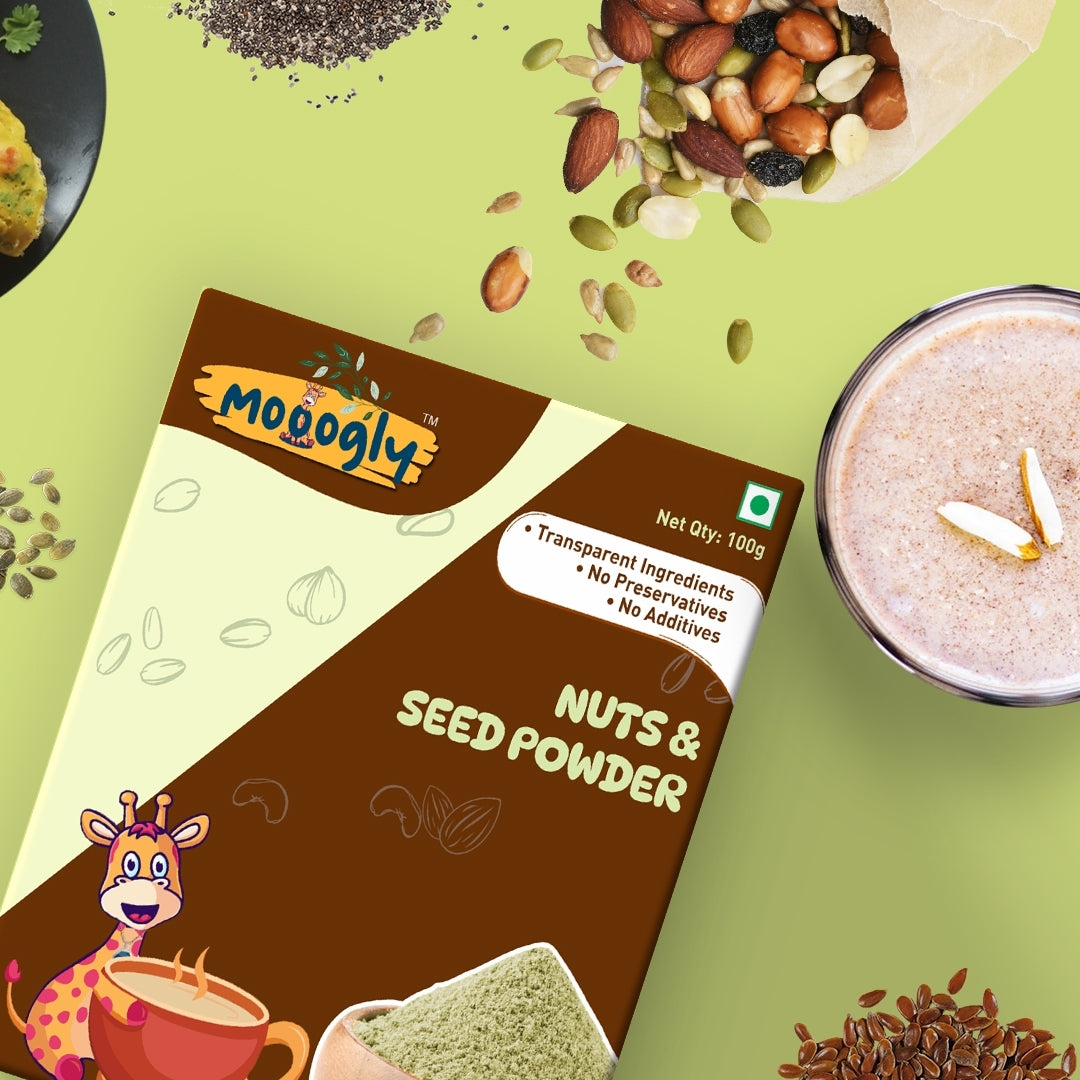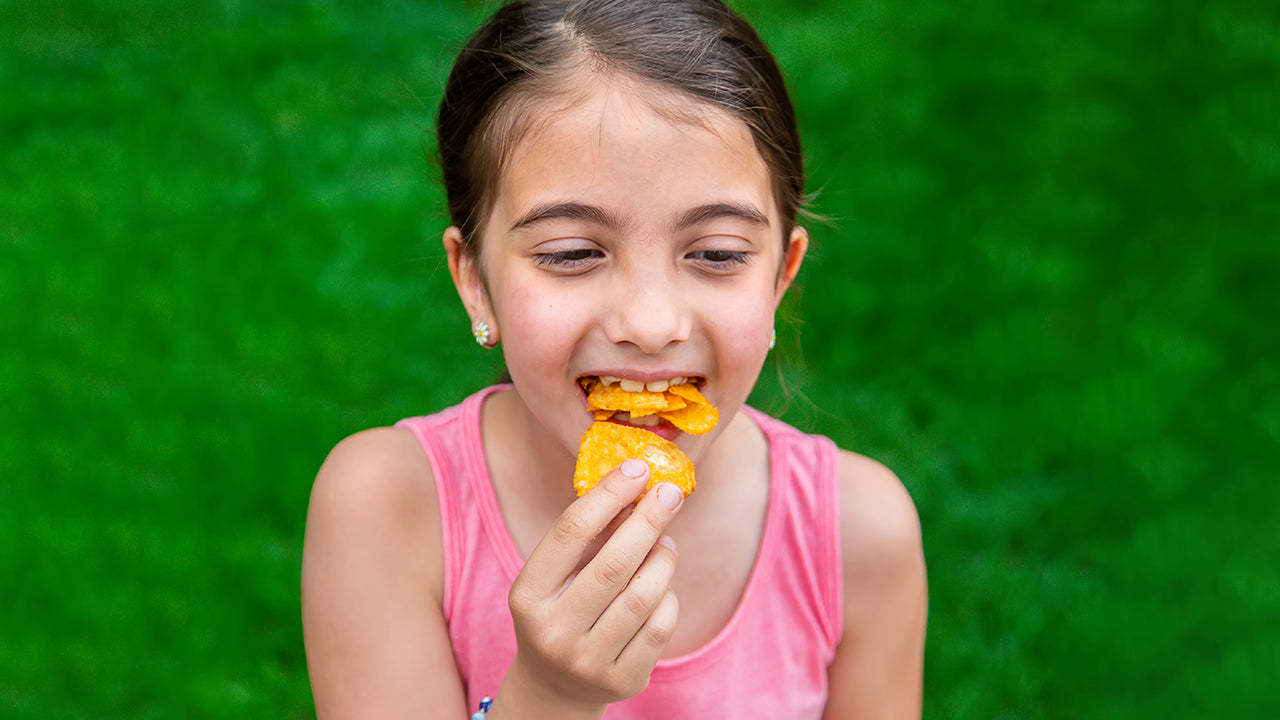The surge in processed food consumption among children is a growing concern for many parents and health professionals. Though convenient and often tasty, these foods come with a host of hidden dangers. From breakfast cereals to packaged snacks, the ease of grabbing these items has significantly increased their intake. Unfortunately, the consequences of this dietary shift are far-reaching.
Studies reveal that the majority of the calories consumed by children and adolescents come from ultra-processed foods. This alarming trend correlates with rising rates of childhood obesity, diabetes, and other health issues. Understanding the reasons to avoid processed foods in your child's diet is essential for fostering healthier habits and promoting long-term well-being.
Reason 1: Nutritional Deficiency
Processed foods are indefinitely tasty but undoubtedly lack essential nutrients when compared to whole foods. When processed foods are manufactured, they are stripped of nutrients available in whole foods, including fruits, vegetables, whole grains, etc. These whole foods are packed with minerals, vitamins, protein, fiber, etc. Processed foods are loaded with added preservatives, unhealthy fats, and artificial ingredients.
This nutritional deficiency can significantly impact your child’s overall growth and development. When children don’t get adequate nutrients, it may lead to stunted growth, weakened immune systems, cognitive impairments, and other health issues. Only whole foods can give your children the essential nutrients required for brain development, physical growth, and overall health.
Reason 2: Increased Risk of Obesity
As mentioned above, processed foods have a high concentration of unhealthy fats. They also contain a lot of sugars and calories since these foods are designed to be tasty and appealing. However, processed foods come at a cost. When an excessive intake of calories is combined with low nutritional value, it often leads to obesity from an early age.
Ans, obesity can have significant negative impacts on your child’s health. Health risks associated with childhood obesity are not only severe but long-lasting. Obesity in your children can make them more prone to developing type 2 diabetes, high blood pressure, and other cardiovascular diseases. Eventually, it can also have a profound psychological impact on your children, including low self-esteem, anxiety, social isolation, etc.
Reason 3: Behavioral Issues
Processed foods significantly impact your children’s behavior. How? It’s because most processed foods are packed with artificial additives, high sugar content, preservatives, unhealthy fats, etc. Processed foods also contain sweeteners and chemicals that can disrupt your child’s normal brain functions, contributing to severe behavioral issues.
The impact of processed foods on your children’s mental health is also considerable. The consumption of processed foods has been extensively linked to psychological and mental health issues. If your children excessively consume processed foods, they are more likely to develop ADHD, anxiety, mood swings, eating disorders, etc. These mental health issues often interfere with children’s ability to learn, socialize, and enjoy a healthy life as a child and as an adult.
Reason 4: Weakened Immune System
Most processed foods lack essential minerals and vitamins. Your children require these nutrients for a strong immune system. If your children keep eating processed foods, they may miss out on important nutrients needed for proper immune function. These nutrients include vitamins C and D and zinc. Their bodies won’t be able to produce enough white blood cells if they lack these nutrients. And, white blood cells are important to effectively fight infections. Eventually, your children become more prone to bacterial, viral, and other infections.
Children with processed foods taking up a large portion of their diets are more likely to fall ill more frequently. Once again it all comes down to the unhealthy and artificial ingredients, including sugars, fats, additives, etc., that are used to make processed foods. They can compromise your children’s immune systems. For instance, the high sugar intake can suppress the immune functions. Apparently, it will make it difficult for your children to fend off infections. As a result, your children may experience more flu, colds, and other illnesses compared to children with a more healthy and balanced diet rich in whole foods.
Reason 5: Long-term Health Problems
Processed foods will set the stage for chronic health issues later in your children’s lives. As we’ve seen above processed foods can lead to obesity, weakened immune functions, cardiovascular diseases, diabetes, mental health issues, etc. With time, these dietary habits can increase the risk of developing severe, long-term health problems.
There are several long-term studies that offer evidence of the consequences of regular consumption of ultra-processed foods. For instance, excessive consumption of processed foods with a high concentration of fats and salts can lead to high blood pressure and other cardiovascular diseases. Dietary habits your children establish during childhood will have a significant impact on their health when they’re adults.
Tips for Parents

Here are some tips for parents to help their kids limit and avoid the consumption of processed foods.
Offering nutritious alternatives to processed snacks and meals can significantly improve your child's diet. Instead of chips or cookies, provide fresh fruits, vegetables, nuts & seeds. Swap sugary cereals with oatmeal or whole grain options, and choose whole wheat bread over white bread. Yogurt with fresh fruit is a healthier choice compared to sugary snacks.
Effective meal planning can help you ensure your children eat whole, unprocessed meals. Start by creating a weekly meal plan that includes a variety of fruits, vegetables, lean proteins, and whole grains. Preparing meals in advance can save time and make it easier to avoid processed options. Simple dishes like grilled chicken with vegetables, quinoa salads, and homemade soups can be both nutritious and appealing to children.
Also Read: The Top 10 Healthiest Foods for Kids
Involving your children in healthy eating habits can make them more enthusiastic about nutritious foods. Engage them in the cooking process by letting them help with age-appropriate tasks like washing vegetables, stirring ingredients, or setting the table. Educate them about nutrition by explaining the benefits of different foods and encouraging them to try new healthy options. Creating a positive and interactive environment around food can foster lifelong healthy eating habits.
Conclusion
Reducing the amount of processed foods in your child's diet is a powerful step toward ensuring their long-term health and development. Whole, unprocessed foods offer the nutrients necessary for growth, cognitive development, and overall well-being. By making informed choices and setting a positive example, you can help your child develop healthy eating habits that will benefit them throughout their life. Prioritizing their nutritional needs today will pave the way for a healthier, happier future.
Also Read: Nutrition For Kids: Guidelines For A Healthy Diet







